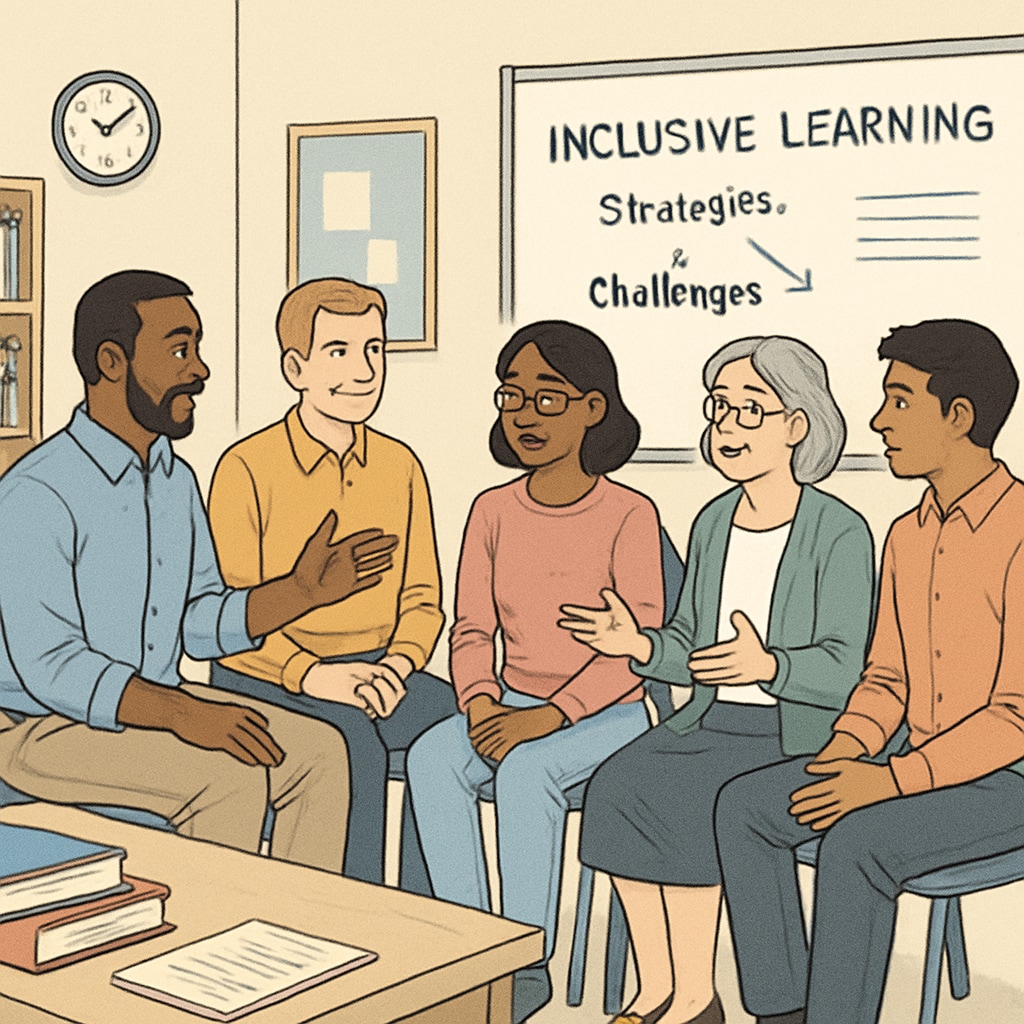The education system often poses significant barriers for students with learning difficulties who aspire to achieve their medical dreams. Many face systemic shortcomings, such as rigid curricula and inadequate support mechanisms, making it difficult to bridge the gap between ambition and reality. However, with proper strategies like personalized learning paths, robust support networks, and attention to mental health, these students can overcome obstacles and chart a path toward fulfilling their aspirations.
Challenges Faced by Students with Learning Difficulties
Students with learning challenges, such as dyslexia, ADHD (Attention Deficit Hyperactivity Disorder), or other cognitive impairments, often struggle to meet the rigorous academic demands of the K-12 education system. Standardized testing, fixed teaching methods, and competitive grading systems can exacerbate their difficulties, leaving them feeling discouraged and unsupported. For example, the heavy reliance on rote memorization in science subjects can be particularly challenging for students who require alternative learning methods.
Moreover, societal expectations and misconceptions about learning difficulties often create additional barriers. Many students internalize feelings of inadequacy or fear of failure, which can hinder their academic progress and emotional well-being.

Strategies to Support Learning Challenges in Medical Aspirations
To help students with learning difficulties achieve their medical dreams, educators, parents, and policymakers can implement several effective strategies:
- Personalized Learning Paths: Tailored educational plans that adapt to each student’s unique needs can significantly improve their ability to grasp complex subjects. For instance, incorporating visual aids, hands-on experiments, and digital tools can make scientific concepts more accessible.
- Multi-faceted Support Systems: Collaboration between teachers, counselors, and families ensures consistent support. Schools can also offer specialized tutoring programs and mentorship opportunities to guide students through challenging coursework.
- Mental Health Care: Addressing the emotional and psychological aspects of learning difficulties is crucial. Regular access to counselors or therapists can help students manage stress, build resilience, and maintain motivation.
These strategies not only empower students academically but also nurture their confidence and determination, enabling them to thrive in their pursuit of medical careers.

Building a More Inclusive Education System
To create a truly inclusive education system, it is essential to rethink traditional approaches to teaching and assessment. Schools should embrace flexibility, allowing students to progress at their own pace without fear of being left behind. Additionally, incorporating assistive technologies, such as speech-to-text tools and interactive learning platforms, can provide students with learning challenges the resources they need to succeed.
Policymakers must also prioritize funding for special education programs and professional development for teachers. Educators trained in recognizing and addressing learning difficulties can make a profound impact on students’ academic journeys.
Finally, fostering a culture of empathy and understanding within schools is key. By educating peers and staff about learning challenges, we can combat stigma and create a supportive environment where every student feels valued.
Conclusion: Turning Dreams into Reality
While the journey for students with learning difficulties pursuing medical careers is undoubtedly challenging, it is not insurmountable. By addressing systemic shortcomings and implementing personalized strategies, we can ensure that every student has the opportunity to achieve their dreams. The commitment to inclusive education is not just about academic success; it’s about empowering individuals to realize their potential and contribute meaningfully to society.
As a result, bridging the gap between dreams and reality becomes possible, inspiring students to overcome obstacles and pursue their passions with determination and support.
Readability guidance: This article uses concise paragraphs, lists to summarize key points, and transitions to enhance flow. It avoids overly technical language while maintaining a professional tone suitable for educators and policymakers.


